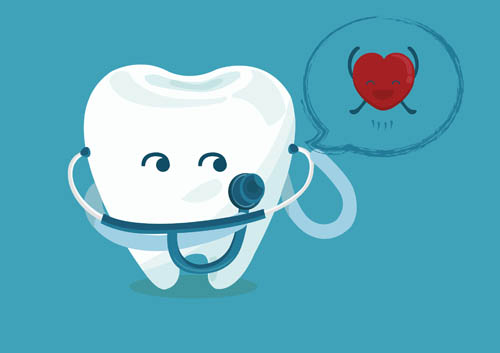Minimally Invasive Dentistry
March 31st, 2017

As the field of dentistry advances and the use of technology in the field increases, the concept of minimally invasive dentistry has emerged. Preservation of a healthy set of natural teeth for each patient should be the objective of every dentist. Minimally invasive dentistry is characterized by the following core beliefs:
- Regard original tissue as more valuable than its artificial counterpart.
- Preserve, rather than replace, original tissue.
- Focus on the prevention of disease above its treatment.
- When treatment is necessary, use invasive means as little as possible.
Prevention
- Prevention begins with good oral hygiene.
- Dental caries are considered an infectious disease.
- Early detection of caries and other diseases can prevent the spread of infection and, consequently, further damage to healthy tissue.
- Infection control can reduce the incidence of restoration practices by as much as 50 percent.
- Focus on remineralization of enamel and dentin as a preventive effort in treating caries.
Preservation
Our team at Dallas Dental Arts will tell you the goal of minimally invasive dentistry is to preserve as much original tissue as possible. The preservation of original tissue leaves a tooth stronger in structure than one which has been modified through invasive measures.
When a restoration, such as a filling, must be made to a tooth, a greater amount of healthy tooth tissue than actual decayed tissue is often removed. An estimated 50 to 71 percent of the work a dentist completes involves repair or replacement of previous restorations. The use of durable restoration materials decreases the need for later repair or restoration work.
Treatments
Tooth tissue can be preserved at a greater percentage through the use of innovative adhesive materials. Glass ionomer cements release minerals into the surrounding tooth tissue and help prevent future cavities. Resin-based composite and dentin bonding agents are designed to bond to the enamel and preserve it.
New technology and the invention of small, hand-held tools allow for a less-invasive form of restoration. One such form is air abrasion, a technique that involves using powerful air pressure to direct aluminum oxide particles toward the tooth, which results in a gentler, less-damaging cut to the tooth.
For more information about minimally-invasive surgeries, or to schedule an appointment with Drs. Sheena Allen, Murat Ayik, Mark Margolin, and Schaefer, please give us a call at our convenient Dallas,TX office!


